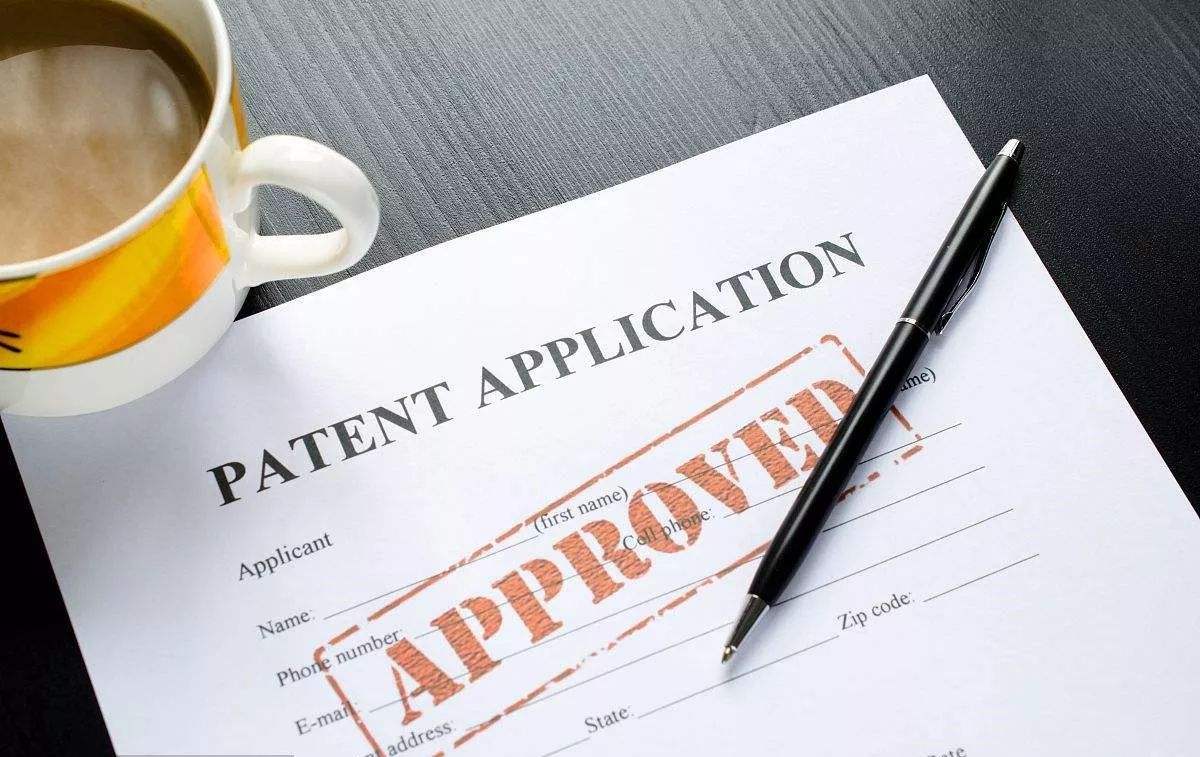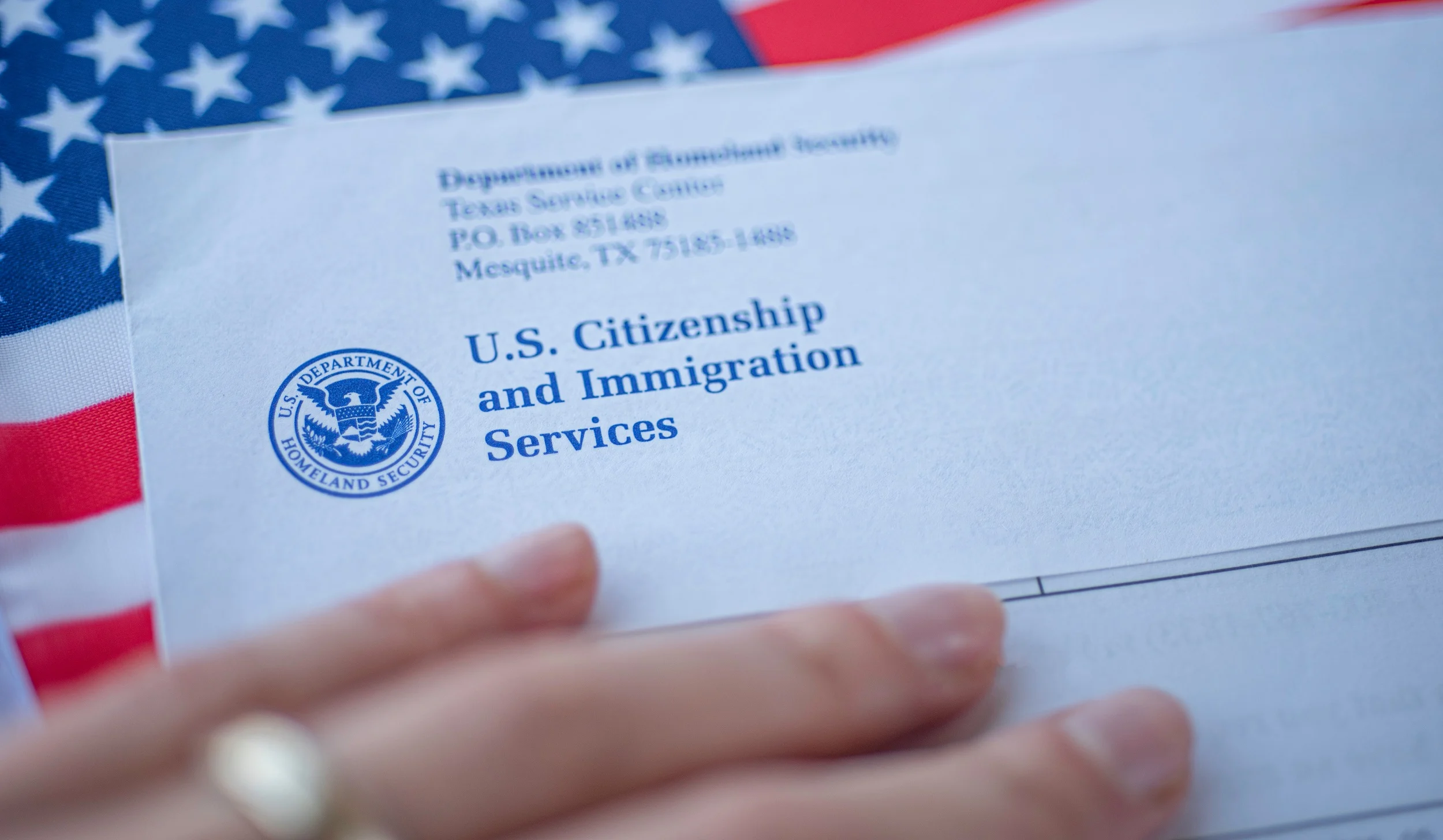Imagine waiting six months for a response on your Green Card application, only to receive a terrifying blue envelope in the mail: a Request for Evidence (RFE). The reason? Not your background check, not your finances, but a missing sentence at the bottom of your translated birth certificate.
For immigrants navigating the complex bureaucracy of the United States Citizenship and Immigration Services (USCIS), the stakes are incredibly high. While much attention is paid to the forms themselves (I-130, I-485, etc.), the supporting evidence is where many applicants stumble. Specifically, failing to provide a compliant Affidavit of Translation is a frequent, yet entirely preventable, cause of rejection and delay.
This guide explains exactly what USCIS demands, why the affidavit is legally non-negotiable, and how to ensure your documents pass the officer’s desk without a hitch.
The "Golden Rule" of USCIS Translations: 8 CFR 103.2(b)(3)
To understand why the affidavit is necessary, we must look at the source code. USCIS operates under the Code of Federal Regulations. Specifically, 8 CFR 103.2(b)(3) states:
"Any document containing foreign language submitted to USCIS shall be accompanied by a full English language translation which the translator has certified as complete and accurate, and by the translator's certification that he or she is competent to translate from the foreign language into English."
This regulation tells us two things:
Completeness: You cannot summarize the document. Even if a paragraph seems irrelevant, it must be translated.
Competency: The translator must formally declare they know what they are doing.
This declaration is what we call the Affidavit of Translation (or Certificate of Translation Accuracy). Without this specific attachment, your translated marriage license, police record, or diploma is legally considered hearsay and will be disregarded by the adjudicating officer.
What Exactly Goes into a Valid Affidavit?
A certified translation for USCIS is not just about converting words from Spanish, Chinese, or Arabic into English. It is a legal package.
For the affidavit to be accepted, it must appear on the translator’s or agency’s letterhead and include the following specific data points:
Statement of Accuracy: A clear declaration that the translation is a "true and correct" representation of the original document.
Statement of Competency: A sentence stating the translator is fluent in both the source language and English.
Identification: The translator's full name, signature, and date.
Contact Information: Address and phone number of the translation provider (so USCIS can verify if necessary).
The "Google Translate" Trap
In the era of DeepL and Google Translate, it is tempting to use AI to translate a document and print it out. Do not do this.
While AI is powerful, USCIS does not accept machine translations without human certification. An algorithm cannot sign a legal affidavit. Furthermore, if a machine creates an awkward phrasing in a legal context (e.g., translating a legal custody term incorrectly on a divorce decree), it could inadvertently signal fraud or inconsistency to an immigration officer.
The High Cost of Cheap Translations
Why pay for a professional service when your bilingual cousin could do it?
While USCIS does not strictly forbid a friend from translating documents (provided they are not the petitioner or beneficiary), it is a high-risk strategy. Professional agencies provide an institutional Affidavit.
When an immigration officer sees a translation certified by a recognized agency with a formal letterhead, it establishes Trustworthiness (a core component of Google’s E-E-A-T standards, and USCIS’s internal heuristics). It signals that the document has passed through a quality control process.
Conversely, a self-typed affidavit signed by "John Doe" invites scrutiny. If the officer doubts John Doe's fluency, they issue an RFE.
The Result: Your case is paused. You have 87 days to respond. The clock on your work permit or travel document stops. A simple $30 savings on a translation could cost you months of lost wages or separation from family.
Checklist: Is Your Document Ready for Submission?
Before you seal that envelope or click "upload" on the CEAC portal, check your translations against this list:
[ ] Is the layout mirrored? The translation should visually resemble the original (same paragraph breaks and formatting) to help the officer compare them side-by-side.
[ ] Is it complete? Are seals, stamps, and even faint marginal notes translated? (e.g., [Illegible stamp] is better than ignoring it).
[ ] Is the Affidavit attached? It should be the first page of the translation packet.
[ ] Is it signed? Ensure the signature is wet ink or a verifiable digital signature.
Beyond the Green Card: A Partner for Global Communication
Securing your visa is the first step, but your need for bridging language barriers rarely stops there. Whether you are an individual expanding your career or a business entering new markets, linguistic precision is the currency of success.
This is where Artlangs Translation distinguishes itself from generic service providers.
With years of dedicated focus in the language industry, Artlangs has built a reputation for handling high-stakes projects where accuracy is paramount. While we are experts in certified USCIS translations that guarantee acceptance, our capabilities extend far beyond immigration paperwork.
We manage a vast network of native linguists covering 230+ languages, ensuring that no matter where your documents originate—from rare dialects to major world languages—we have the expertise to handle them.
Our expertise spans complex industries:
Media & Entertainment: We are leaders in video localization and short drama subtitle localization, capturing cultural nuances that standard translation misses.
Gaming & Audio: From immersive game localization to professional multilingual dubbing for audiobooks and short dramas, we give content a native voice.
AI & Tech: We support the future of AI with high-precision multilingual data annotation and transcription services.
Don't risk your immigration status on a technicality. Trust a partner who treats your birth certificate with the same rigor as a global media project.
Need a certified translation that USCIS will accept the first time?[Contact Artlangs Translation today to get your Affidavit of Accuracy.]











